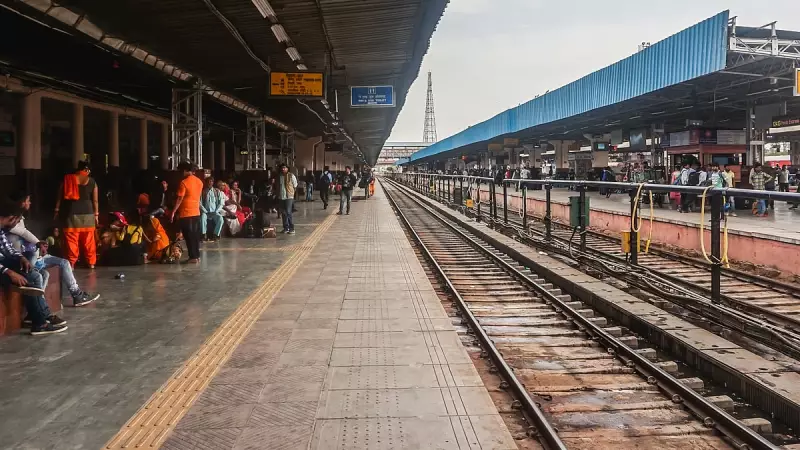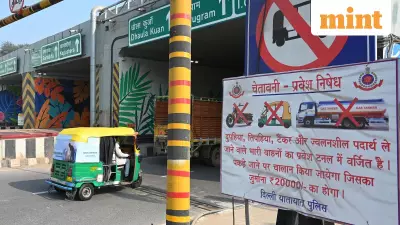
The Karnataka government has initiated a significant move to rename four railway stations across the state, honoring prominent saints and spiritual leaders. This development comes shortly after the recent renaming of Basavakalyan railway station, which had sparked considerable political debate.
Four Stations Selected for Renaming
The state government has formally proposed to the Ministry of Railways that four specific stations be renamed. These include Birur Railway Station in Chikkamagaluru district, which would be renamed after Sri Taralabalu Jagadguru. Similarly, Shedbal Railway Station in Belagavi district is proposed to be renamed after Shri Siddheshwar Swami.
The proposal also includes renaming two other stations: Bagalkot Railway Station would honor Shri Sharanabasappa Appa, while Harihar Railway Station in Davangere district would be renamed after Shri Shantaveera Mahaswamiji. All four spiritual figures have deep connections to their respective regions and have made substantial contributions to Karnataka's cultural and religious landscape.
Following Recent Controversial Renaming
This new proposal comes in the wake of the recent renaming of Basavakalyan railway station to Basavakalyana, which had generated significant political tension. The Basavakalyan renaming occurred just last month and was met with both support and criticism from different political factions.
The state government's approach this time appears more comprehensive, targeting multiple stations simultaneously rather than individual cases. This strategy may help distribute attention across different regions and communities, potentially reducing concentrated opposition.
Administrative Process and Timeline
The proposal has been formally submitted to the Railway Ministry for approval. According to standard procedure, the ministry will review the request and consider various factors including historical significance, local sentiment, and administrative feasibility.
While no specific timeline has been announced for the implementation, railway station renaming typically involves multiple stages of approval. The process includes consultation with local authorities, verification of historical references, and eventual official notification upon central government approval.
This move represents the continuing trend of renaming public infrastructure to reflect cultural and historical identities across India. The outcome of this proposal will be closely watched by both supporters and critics of such naming changes.





